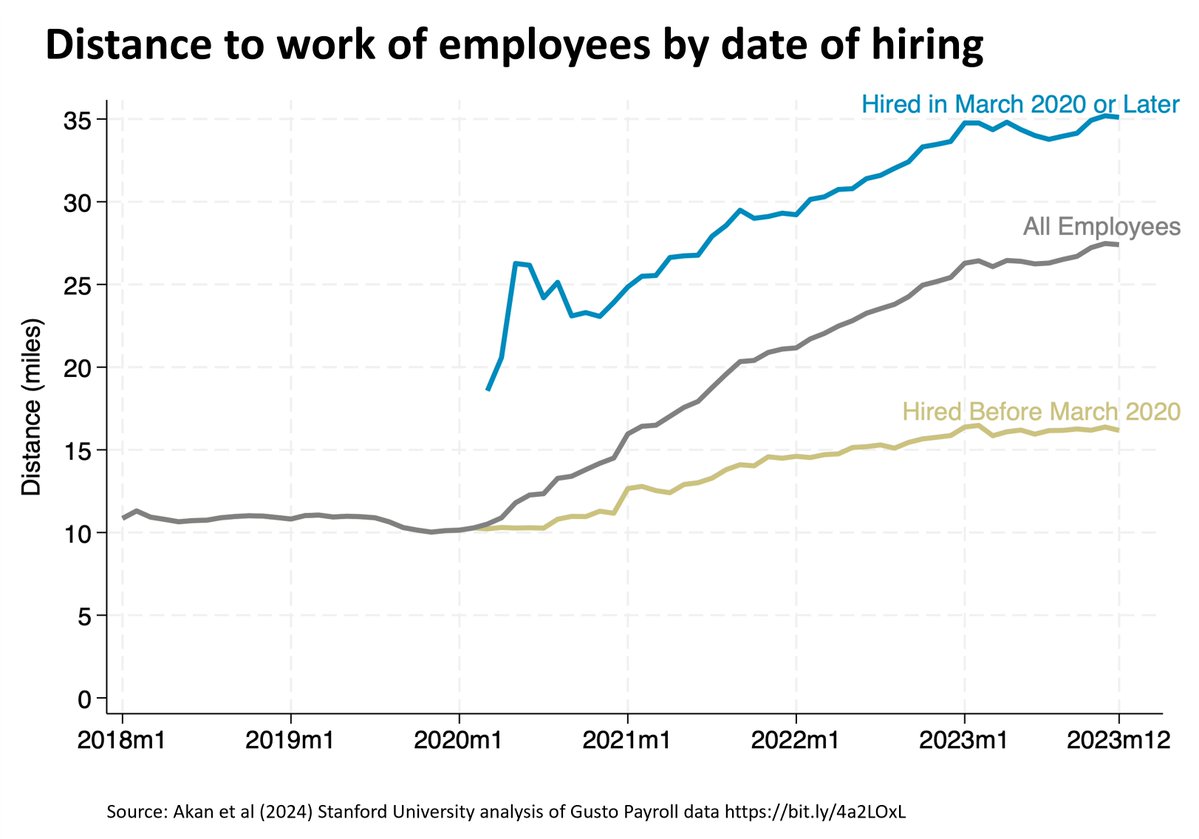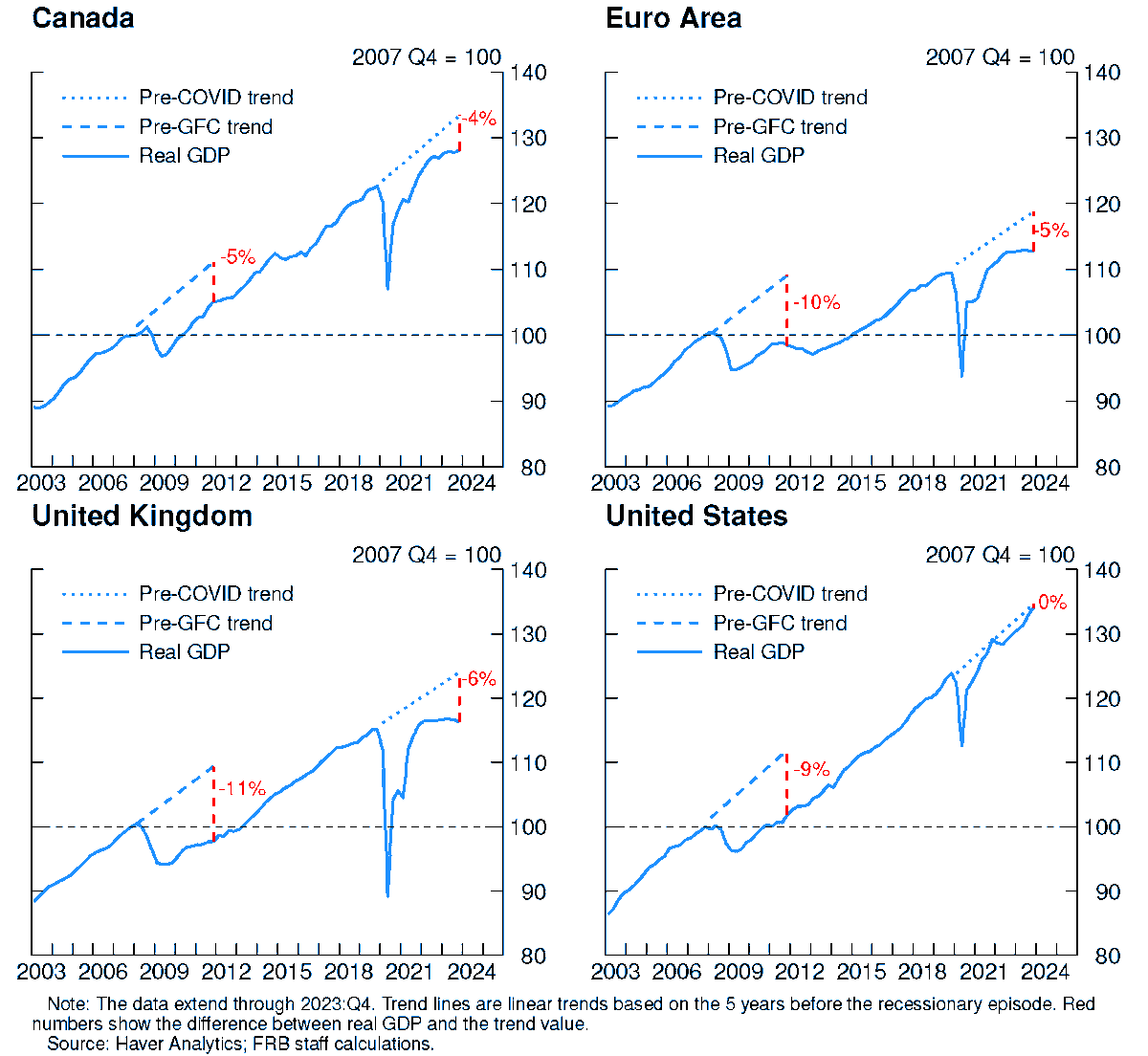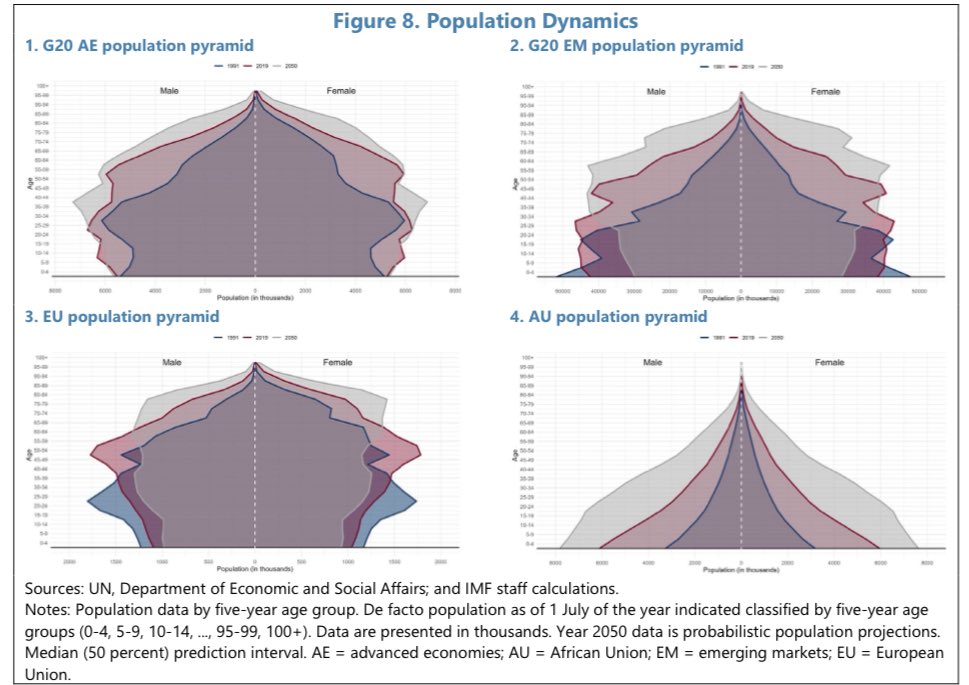
davide malacrino
@davmalacrino
@IMFNews economist, currently @ecb. @Stanford PhD. All views are my own.
ID: 2224464595
http://www.davidemalacrino.com 01-12-2013 08:07:23
233 Tweet
265 Followers
1,1K Following

New CEPR Discussion Paper - DP18434 Investing in Friends: The Role of Geopolitical Alignment in FDI Flows Shekhar Aiyar Shekhar Aiyar IMF Davide Malacrino davide malacrino IMF Andrea Presbitero Andrea Presbitero IMF ow.ly/irT650PLx5K #CEPR_ITRE






🚨🚨Our paper showing that #FDI flows are increasingly concentrated among geopolitically aligned countries is forthcoming in the European Journal of Political Economy davide malacrino Shekhar Aiyar #geoeconomics #friendshoring ungated draft: dropbox.com/scl/fi/1n0hdvm…


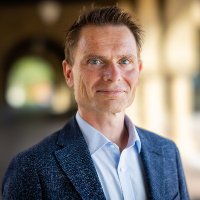



In a speech at Stanford Graduate School of Business, Chief Economist Philip R. Lane reviews the monetary policy tightening cycle and discusses the next phase of reducing the level of restriction. Read his speech ecb.europa.eu/press/key/date…



‼️New/substantially revised paper: Why are the wealthiest so wealthy?‼️ A short thread on new empirical evidence from 23-year administrative panel data and what they mean for theories of top wealth inequality. Joint work with Elin Halvorsen, Joachim Hubmer, and Salgado.

Glad to share our latest NBER working paper with davide malacrino and Raffaele Saggio. Check out the details below. #Economics #Research





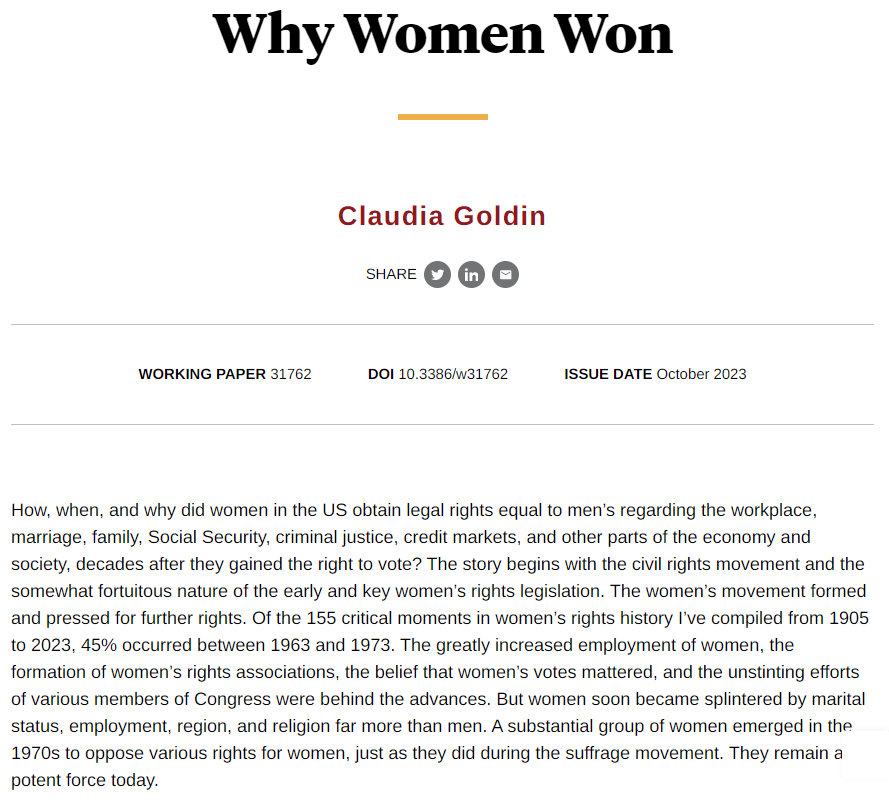
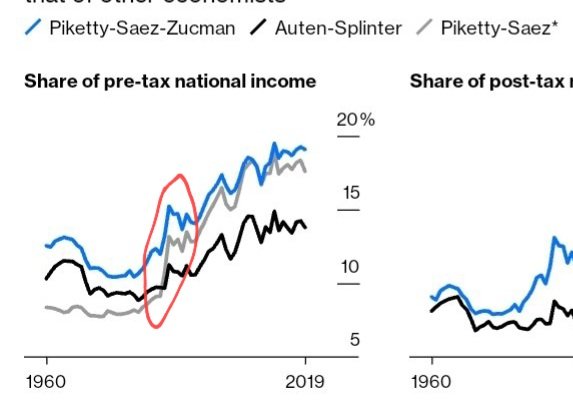
![Gita Gopinath (@gitagopinath) on Twitter photo A 🧵on my "Cold War II?" speech. [1] Fragmentation policies are on the rise with 3000 new trade restricting measures imposed in 2022, and companies are increasingly focused on issues such as re-shoring, near-shoring & friend-shoring. A 🧵on my "Cold War II?" speech. [1] Fragmentation policies are on the rise with 3000 new trade restricting measures imposed in 2022, and companies are increasingly focused on issues such as re-shoring, near-shoring & friend-shoring.](https://pbs.twimg.com/media/GB9RvqbW4AAsck4.png)
